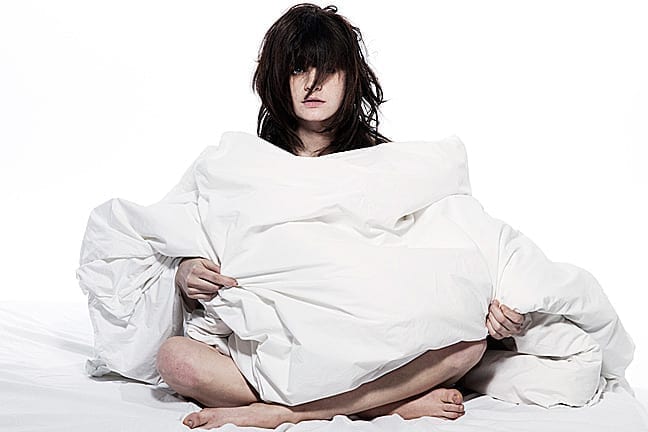Your body needs sleep because your brain won’t function without it. It exercises parts of the brain you don’t normally use.Sleep allows the creative parts of the brain to strengthen and grow so that they’ll be fully developed when situations arise to use them during the day. You also need sleep so that you can give your vision (which is actually cognitive activity) a rest. Sleep allows your brain to process information and store it in your memory.
MORE: Sleep, Learning and Memory
Sleep and Your Heart
We don’t know why, but if you get less sleep than you need, you increase your arterial aging and your risk of heart attack. Studies have shown that the optimal amount is seven to eight hours per night for men and six to seven hours for women.
Sleep and Energy
Many people always have trouble falling asleep. Additionally, many of us (yes, we are guilty here, too) develop less than optimal habits that worsen our ability to sleep or obtain adequate amounts of sleep and then we have to fight a vicious cycle. And when your immune system needs all the energy it can get—such as when it’s fighting an infection for you—not adequately resting your energy supply acts to overheat those wires and worsen your energy problem. That weakens the energy your immune system can borrow from other parts of your energy stores. So you feel more tired.When your body gets too little sleep or poor-quality sleep (not deep enough or not enough dreaming), you tend to have more pain (the lack of sleep doesn’t allow you to refresh fully the neurotransmitters you have that normally suppress pain). And that extra pain drains the line of energy, too, so you feel wiped out very near the start of the day.
QUIZ: Are You Getting Enough Sleep?
Sleep and Your Weight
People who get consistent, quality shut-eye tend to have an easier time managing their weight. Partially because of screwing with the endocrine regulation of hunger and appetite, and partially because less sleep means you’re more likely to snack more, the bottom line is, poor sleep raises your risk for obesity by 21 percent.Plus, poor sleepers tend to engage less in physical activity, and when they do they have less endurance, which means fewer calories burned. Also, inadequate sleep causes you to release less of the pleasure hormone serotonin in your brain. To compensate, you try to increase those levels with sugary foods—which doesn’t help your waistline.
Sleep and Your
Skin You know your skin looks like crud after pulling an all-nighter—and that’s just one night. Continuous sleep deprivation does some gnarly things to your skin. Your arteries might not be as healthy, so in addition to increased risk for heart disease and stroke, you aren’t getting enough blood to your skin.Increased inflammation causes the skin to age quicker. And mental fatigue causes the muscles in your face to tense up. What does it all mean? Your skin is more prone to dullness, rough texture, uneven pigment and wrinkles. Chronic skin conditions like rosacea are also more likely to flare up—and stick around.
QUIZ: How Healthy is Your Skin?
Sleep and Posture
Talk about a beauty no-no! Poor posture—which makes you appear less beautiful—is linked to sleep deprivation.
Sleep and Pain
Poor sleep means your neurotransmitters, which normally suppress pain, don’t have time to fully refresh. Ouch!




































